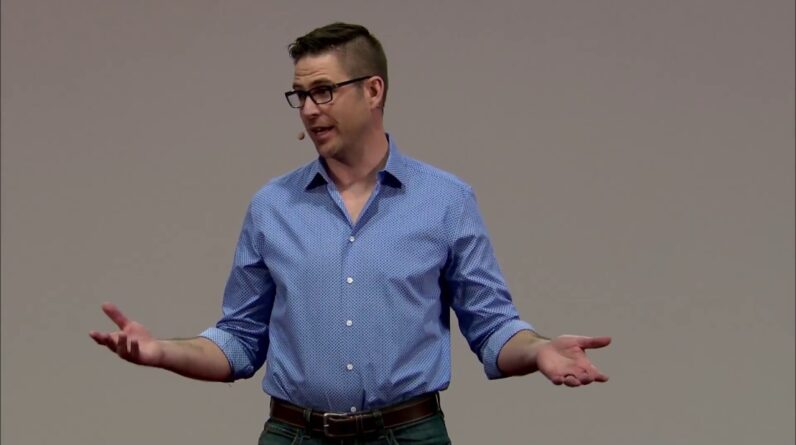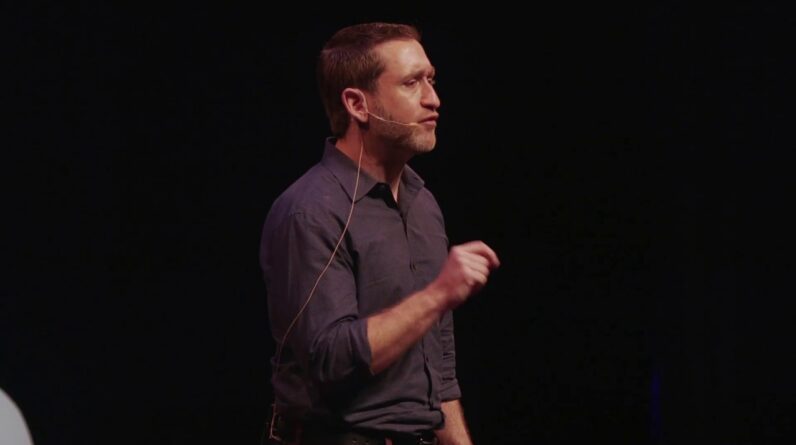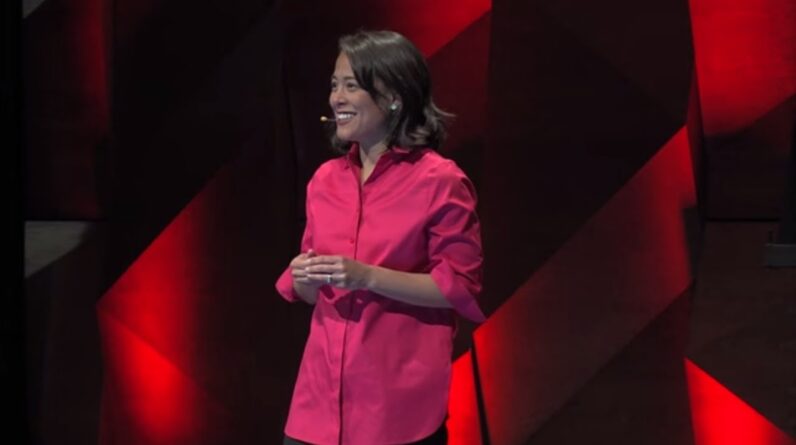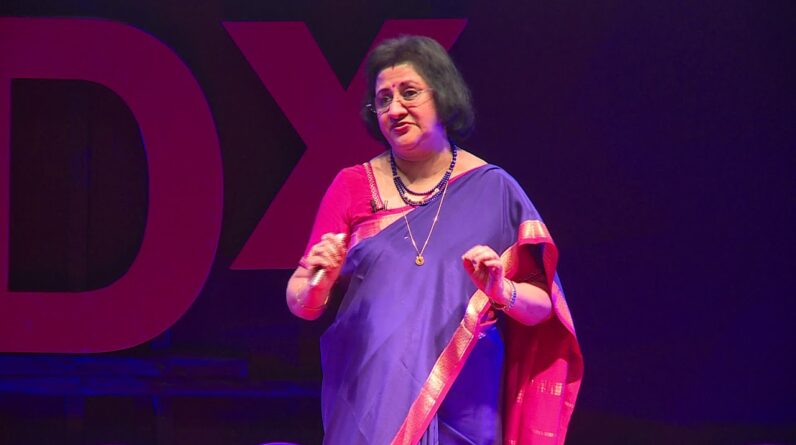Four-star general Stanley McChrystal shares what he learned about leadership over his decades in the military. How can you build a sense of shared purpose among people of many ages and skill sets? By listening and learning — and addressing the possibility of failure.
TEDTalks is a daily video podcast of the best talks and performances from the TED Conference, where the world’s leading thinkers and doers give the talk of their lives in 18 minutes. Featured speakers have included Al Gore on climate change, Philippe Starck on design, Jill Bolte Taylor on observing her own stroke, Nicholas Negroponte on One Laptop per Child, Jane Goodall on chimpanzees, Bill Gates on malaria and mosquitoes, Pattie Maes on the “Sixth Sense” wearable tech, and “Lost” producer JJ Abrams on the allure of mystery. TED stands for Technology, Entertainment, Design, and TEDTalks cover these topics as well as science, business, development and the arts. Closed captions and translated subtitles in a variety of languages are now available on TED.com.
Leadership TED Talks – Listen, Learn, Lead
The TED talk titled “Listen, Learn, and Lead” by retired Marine Corps General Stanley McChrystal offers many tips on leadership. He stresses that good leaders are empathetic, eager to learn, and trusted by the people they lead. He talks about how he was able to teach younger paratroopers to jump safely, as their leaders taught them how to do it. His talk highlights the importance of leadership, and provides personal examples to illustrate his points.
Leadership
In his TED talk, “Listen, Learn, Lead,” General Stanley McChrystal shares lessons he learned in the military and how those lessons applied to his leadership style. In particular, he talks about the importance of listening, learning, and acknowledging mistakes. In other words, the best leaders are the ones who are willing to fail, because failure allows them to grow. In Listen, Learn, Lead, he shares his personal example of leadership.
One example of this is General John McCain, who had to take his sergeant’s advice and learn to lead. Although he was 46 years old, he still had to learn a new way of leading. Though his leadership style had been in place for years, he was not ready to give up his traditional approach to leading. After all, he still believed his traditional skills were useful and he was a great leader. But his mistakes helped him to learn how to lead differently.
Effective listening
McChrystal discusses the importance of listening and learning to lead. Managing diverse teams is a complex challenge, but one of the most important leadership skills is the ability to listen to others. Listening helps you gain understanding of the opinions and concerns of your subordinates and creates an atmosphere of mutual respect and trust. As a leader, you must listen carefully and learn from each other’s experiences.
General Stanley McChrystal’s insights on effective listening and learning to lead have been the foundation of his success as a military leader. He shared his experiences from building and leading a cohesive counter-terrorism force, which involved a workforce spread over 20 countries. As a leader, McChrystal was faced with an unprecedented challenge in leading a diverse team with vastly different communication styles and age groups. He learned from his mistakes and learned from his failures.
Reverse mentoring
Reverse mentoring is a popular technique that has been used by military leaders for decades. It enables you to learn from someone younger than yourself. The benefits of reverse mentoring are many. It increases compound growth, and is a great way to retain millennials. Millennials want insights that Google cannot give them, and your company needs to understand what this generation wants. A young mentor can bring fresh perspectives to the table by helping you define your brand voice on social media. They can also offer advice on digital best practices and insights into your target market.
In addition to the benefits of reverse mentoring, it helps you develop the skills necessary to lead an effective team. While a leader should be capable of leading, a good team requires a good team dynamic. Effective leaders build consensus, which helps them build trust and respect. They leverage the skills of their subordinates. In turn, they have the ability to inspire and empower others. That’s where reverse mentoring comes in handy.
Building trust
In his book, “Team of Teams,” former US Central Command commander Stanley McChrystal emphasizes the importance of aligning employees around a common purpose and a shared vision. In short, the key to creating a winning team is to foster trust and a sense of purpose. The following are four principles of effective teamwork McChrystal used to foster trust and alignment in his teams. Apply these principles to your team today and enjoy the benefits of trust and alignment!
When you develop personal relationships with team members, it is easier to disagree, debate and disagree. When you trust the people you lead, it’s much easier to challenge the way they think and make difficult decisions. McChrystal said that developing trust with your team members allows you to approach problems from a different perspective. O’Neill, for example, stepped back from productivity calls because he felt he had to prove himself.
Building a sense of purpose
Building a sense of purpose requires a sense of direction. In today’s complex organizations, people are easily discouraged and resigned to the status quo. General McChrystal argues that large organizations are like ships with small rudders. Instead of forcing change and stagnation, they need to create shared purpose and empower people at all levels. This requires dynamic communication among teams, which allows them to make timely decisions and adapt to the changing environment.
The primary role of a leader is not to take action, but to inspire belief. He cited an example of someone who embodied this principle: Martin Luther King, Jr., who did not write a single piece of legislation, but whose movement was able to influence President Lyndon Johnson to pass the Civil Rights Act. In building a sense of purpose, McChrystal’s team did not worry about who was right or wrong, they simply asked for feedback and shared their experiences.





